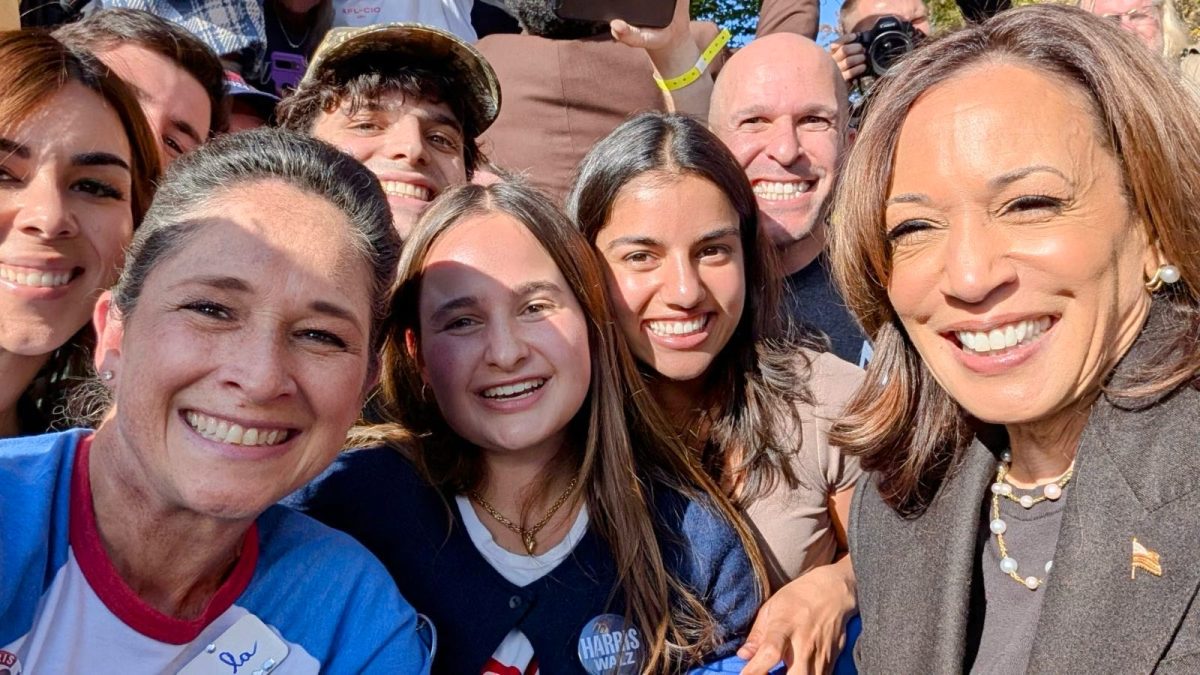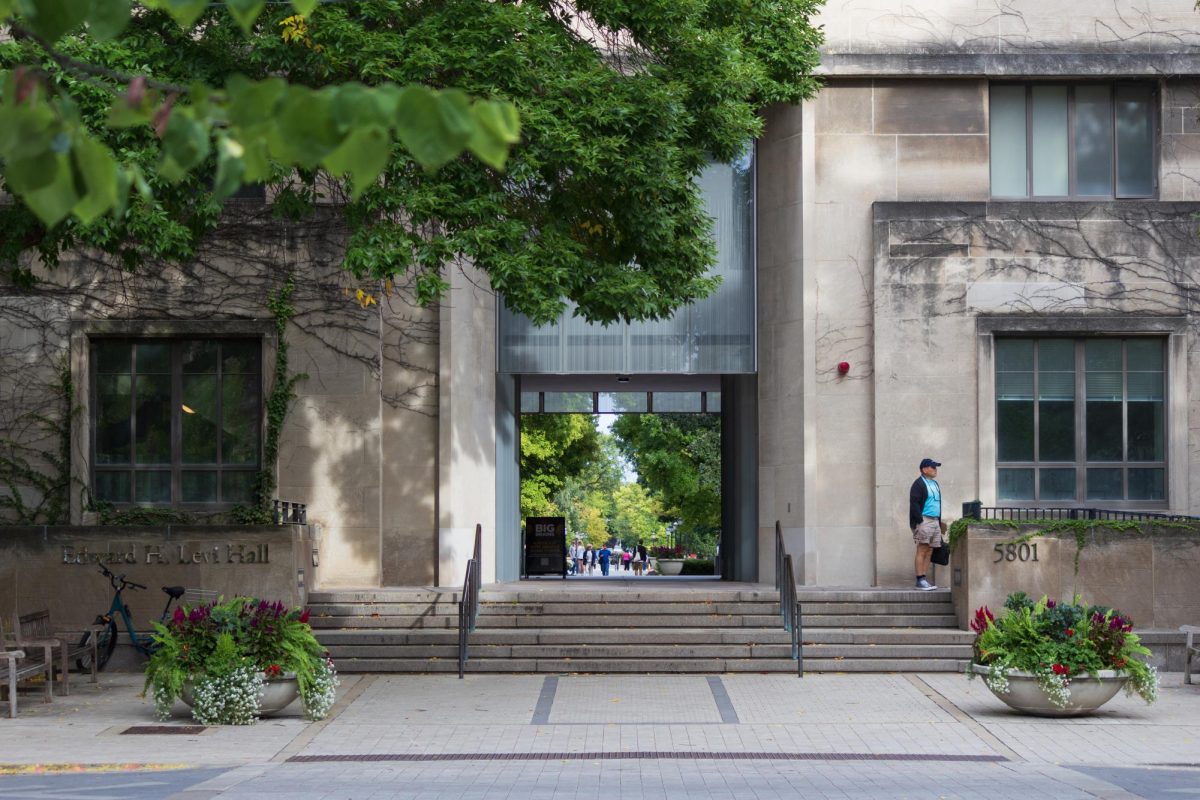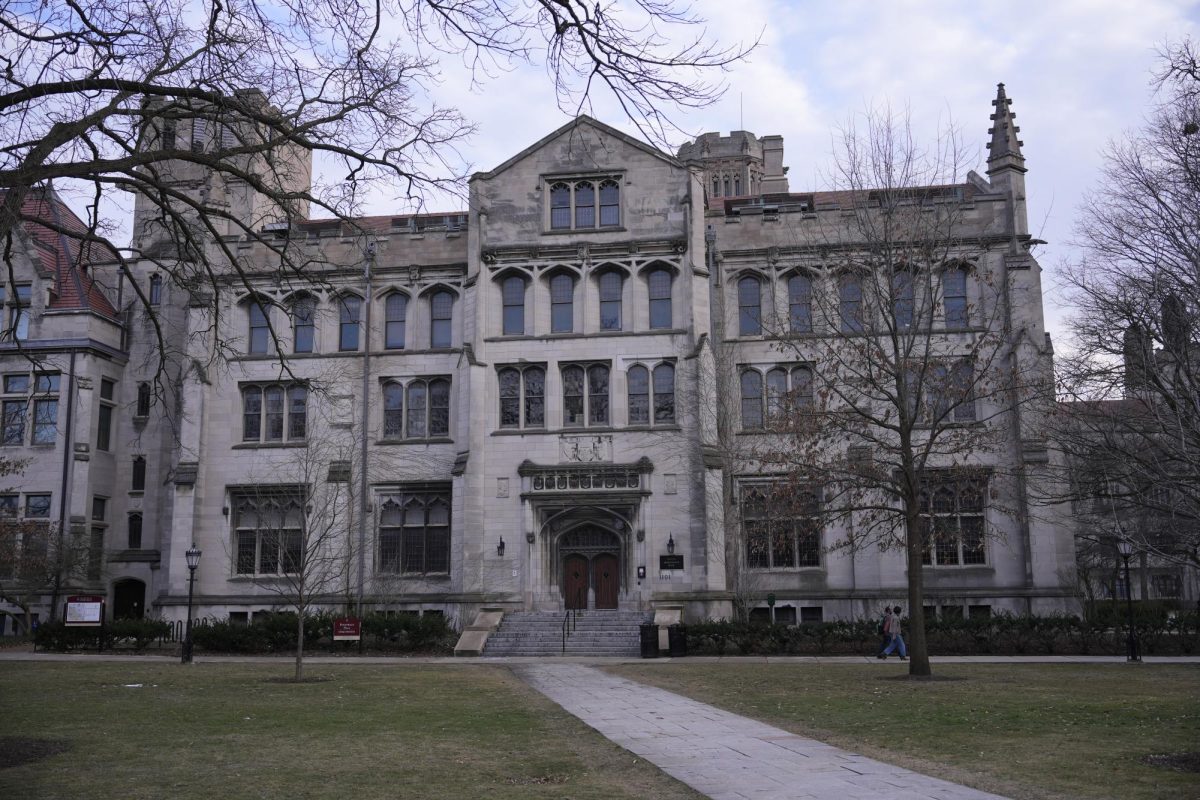“If I were you, I would just go to whatever state school you’ve already been accepted to. The University of Chicago is really a tough institution, and I’m not quite sure you’d do well there, if we’re being honest.”
I felt my heart beating fast, my mouth getting dry, and the tears welling up first in my right eye, and then my left. The man facing me was my alumni interviewer. He spent no more than one minute looking at the information College Admissions had given him about me. He spent no more than five asking about my background, the area of Dallas/Ft. Worth I lived in, and what my family situation was like.
After less than 10 minutes of conversation, this UChicago alumnus had concluded that a black girl who went to a majority-black public school and was raised in a lower-income, single-parent, immigrant household was not capable of getting admitted to—let alone thriving at—the University of Chicago. He didn’t even bother to ask me what I wanted to study, or what I wanted to achieve in life.
I kept it together long enough to make it to the car, and then cried so hard that I gave myself a headache.
After being admitted to the University, I thought about sending the man an “in your face!” e-mail. I wanted to tell him that I had proved him wrong. In retrospect, this reaction should have been a red flag for me, because I have spent every day of my last four years at the University of Chicago attempting to prove people wrong in the face of racist and sexist micro- and macroaggressions.
I long for the feeling of pride and joy in my alma mater that many of my friends and acquaintances who are not minorities seem to enjoy, instead of the deeply painful memories I’ll have for the rest of my life.
As I prepare to receive my diploma on Saturday, a day after addressing my peers as a Class Day student speaker, I cannot help but feel immense hurt and disillusionment when I reflect on my time here—but not at myself.
During my first year, I casually mentioned to my previous college adviser that I was interested in learning more about national scholarships and fellowships. She told me that the criteria were very high and the competition extremely steep, and that I shouldn’t bother applying to them.
I went on to win a research Fulbright.
A few weeks after that conversation, I moved out of my assigned house (during a snowstorm and only an hour after turning in my last final) due to the immense discomfort and fear that I felt in the wake of an exchange involving a white housemate and the words, “Nigger! Nigger! Nigger!”
I was only one quarter into my collegiate career, but I went on to face many more of those harsh experiences, including one that involved a professor accusing me of “making up facts” after bringing up the University’s ties to slave money, and, of course, being told repeatedly by my peers that my presence on campus was simply a product of affirmative action.
Not my work ethic.
Not my writing ability.
Not my passion for making the world more equitable.
With every painful blow, I pushed myself even harder; in my mind, that was the best way to “get back at them.” I won awards, received grants, completed impressive internships, and worked tenaciously to ensure that the most common grade on my transcript would match the first letter of my last name. I found issues that I truly cared about, and devoted myself to learning as much about them as I could. Academically, I thrived at this institution, while emotionally, I suffered.
Even more disheartening was coming to terms with the fact that, the more successful I became, the less people cared about my experiences with the campus climate. Meeting after meeting with University administrators yielded only slight acknowledgment of the concerns I’d raise regarding the various “isms” facing students, like me, from marginalized backgrounds; sometimes they wouldn’t even pick up a pen to take notes. I quickly realized that what mattered most to them was not how I felt on this campus, but whether or not I was doing well enough to be elevated into the “token respectable black student” role on panels, committees, councils, and alumni dinners.
Anything to keep the façade going.
There is no decent reason as to why academic success and inclusivity cannot be upheld simultaneously, and I fear that my story—at least, my experiences on paper—will be used to continue avoiding doing the necessary, yet immensely difficult work of creating a campus culture that is welcoming, and not hostile, to marginalized students.
I chose to share my experiences because I am one of the fortunate ones. I was mentored by a handful of amazing, caring, yet no-nonsense faculty members who reminded me that I am intelligent when so many others attempt to convince me otherwise. At times when I was unable to advocate for myself, staff members from various affinity centers on campus stepped in on my behalf. And, when I needed to cry, I had friends who didn’t mind stepping away from the bookstacks to lend me a shoulder.
There are many others on this campus who aren’t as lucky. Their experiences out on the quad aren’t so easily divorced from what their transcripts look like. They deserve—yes, deserve—to feel as welcomed and included on this campus as students who come from privilege. They deserve to know that their worth is not confined to their use as tokens.
I am learning that as well.
Elizabeth Adetiba is a fourth-year and soon-to-be alumna of the College majoring in political science and minoring in human rights







